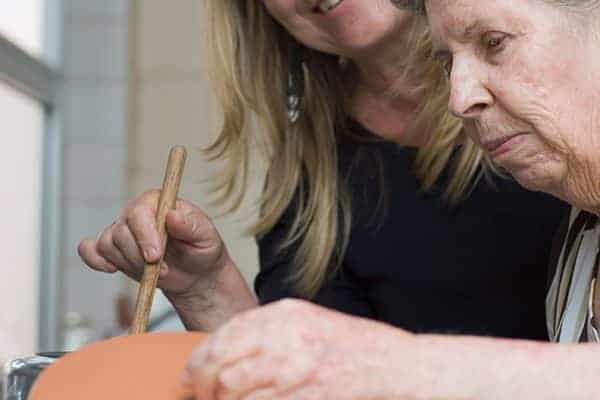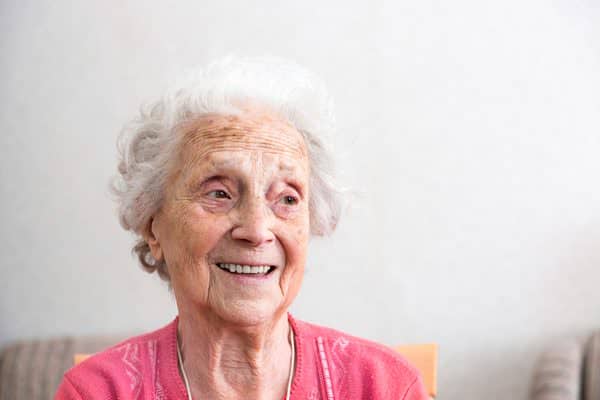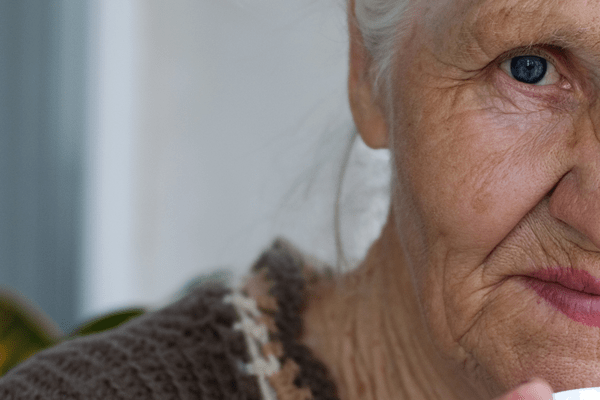To ensure the maximum flexibility and convenience for clients, there are a wide range of respite care types available. Every person is unique in their reasons for needing respite care, and in their circumstances and what kind of respite care they need.
Here are some of the main types of respite care currently available in the UK:
Respite Daycare
Respite daycare is a social, active, immersive type of care where elderly people are able to go to a specific place of care where they will meet people of a similar age, complete activities and enjoy other highlights like singing, exercise classes and hobby classes.
Some daycare attendees visit at least once a week, which gives family caregivers plenty of time to rest, focus on other needs and generally get a break from their role.
Daycare can provide facilities similar to a residential care home such as personal care and meals etc. It could also be specialist daycare and be very specific in the type of care it offers, such as rehabilitation after a major operation or medical incident. Daycare may be privately run, or it could be run by a charity or local council.
At-Home Respite Care
Respite care may be provided to you in the home where you care for your loved one. This type of care is incredibly flexible and can be tailored exactly to the needs and wishes of the elderly person.
Care can be daily, once a week, once a fortnight or for a block period of time like two weeks whilst the family care-giver goes on holiday. Carers can stay for any period of time and may even be able to stay overnight if your relative needs 24/7 support.
There are services that relate more to companionship and guardianship and others that are more specialised in terms of rehabilitation or nursing care. Care in the evening only is also available, as is full live-in care.
Complete live-in care is where a person lives in the property with the person needing care and provides a care package to them, completely tailored to their needs. There are also terminal illness care services available in the home.
Respite Holidays
A respite holiday can mean a few different things. It can be where you get a break from caring whilst your loved one is cared for at a special centre which can be beneficial to both parties.
It can be where you take a holiday with your elderly loved one so that you both get the chance to experience something new, and a change of scenery. Sometimes this kind of holiday can be undertaken with a live-in carer who may accompany you on the holiday. They then provide care to your loved one so that you can simply enjoy spending time with them, and get some time to yourself too.
These kinds of things can be difficult to arrange but alleviate the guilt some caregivers have of going on holiday without their loved one.
Respite Based Within A Nursing Home/ Residential Care Home
Nearly all nursing homes and residential homes tend to provide care long-term for their clients. However, some do also offer respite care services that can be booked in advance. The best way to find out about these services is by searching online for local residential homes and getting in touch. By reaching out, they may have services on offer, or they may be able to let you know about other local places that offer those services. Social services, related charities and your GP may also have information about the kinds of places offering respite care near you.
Respite Care From Loved Ones
In many family caregiver scenarios, the caregiver takes all the responsibility on their shoulders for their caregiving responsibilities. In some instances it may be that help and support is available within their immediate family and friend circles, they just had not considered it before. Perhaps friends and family hadn’t wanted to interfere, but would be more than willing to offer respite care to you for a set amount of time. Perhaps for an afternoon a week, maybe even for a week or two if they feel confident in the support they can offer. Respite support from family and friends can benefit you and your elderly relative, and the person providing the respite support as they help you and they get to know your loved one better.






